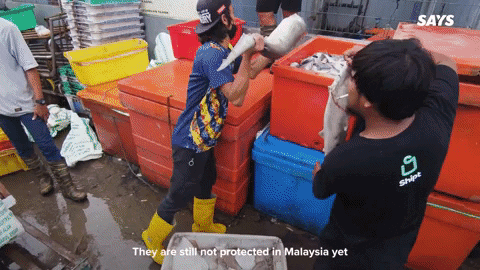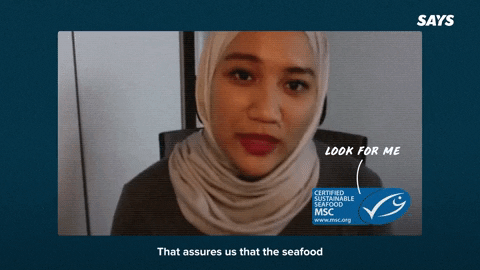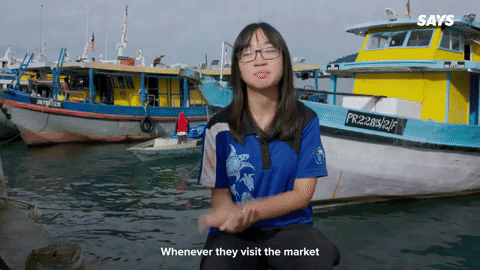[VIDEO] Malaysia Is Running Out Of Fish To Catch. Here's Why & What We Can Do About It
Malaysia loses about 900,000 tonnes of seafood to illegal fishing every year, which costs us around RM3 billion to RM6 billion.
Did you know that Malaysia is at risk of running out of fish to catch? :(
In fact, according to Dr Asyura Salleh, the co-founder of the Global Awareness & Impact Alliance (GAIA) Foundation, fish stocks have been continuously depleting by 70% to 95% since the 1950s.
This is mainly due to illegal unreported and unregulated (IUU) fishing, which usually consists of wrongful activities such as overfishing, bycatching, and fish bombing conducted by not only local fishermen, but also foreign fishing boats.
Watch the video below to find out more:
1. Fishermen are unintentionally catching fishes that are endangered and protected
Ho Kooi Chee "So, the sad thing is when we scan through the images taken by the cameras on the trawlers, we see a very rare species, for example, giant guitarfish."
2. The usage of fish bombs that instantly kill marine life and destroy coral reefs
Brenda: "Explosive devices such as these damage our coral reefs, which in the long run, could wipe out our marine life. And ultimately, leave many of us without food and jobs. In short, no reefs, no fish."
3. Overfishing, which leads to a huge decline in fish population
Dr Asyura Salleh: "In the 1950s, we could catch 25 tonnes of fish across 1,000km. Now, we can only catch seven tonnes. The reason why the rate at which we're catching the fish has declined is because there just isn't enough fish out there anymore."
To help curb all of these issues, the next time you buy fish at supermarkets or eat seafood at restaurants, look out for the Marine Stewardship Council (MSC) certification
Dr Asyura Salleh: "That assures us that the seafood has been sustainably fished. And no damage to the environment has taken place."
Besides that, you can also ask your regular fishmongers where they get their seafood supply from, and educate them on the importance of protecting marine life
Ho Kooi Chee: "Whenever they visit the market, they can actually ask where the fishes are from and how they were caught. We can actually gather our voices to push for more species to be protected in Malaysia as well."
Find out more about what the Society Empowerment and Economic Development of Sabah (SEEDS) is doing to help save our marine life by visiting their Facebook page today
Additionally, we can also do our part by always cleaning up after ourselves, donating to NGOs, using fewer plastic products, and making safe and sustainable seafood choices.




